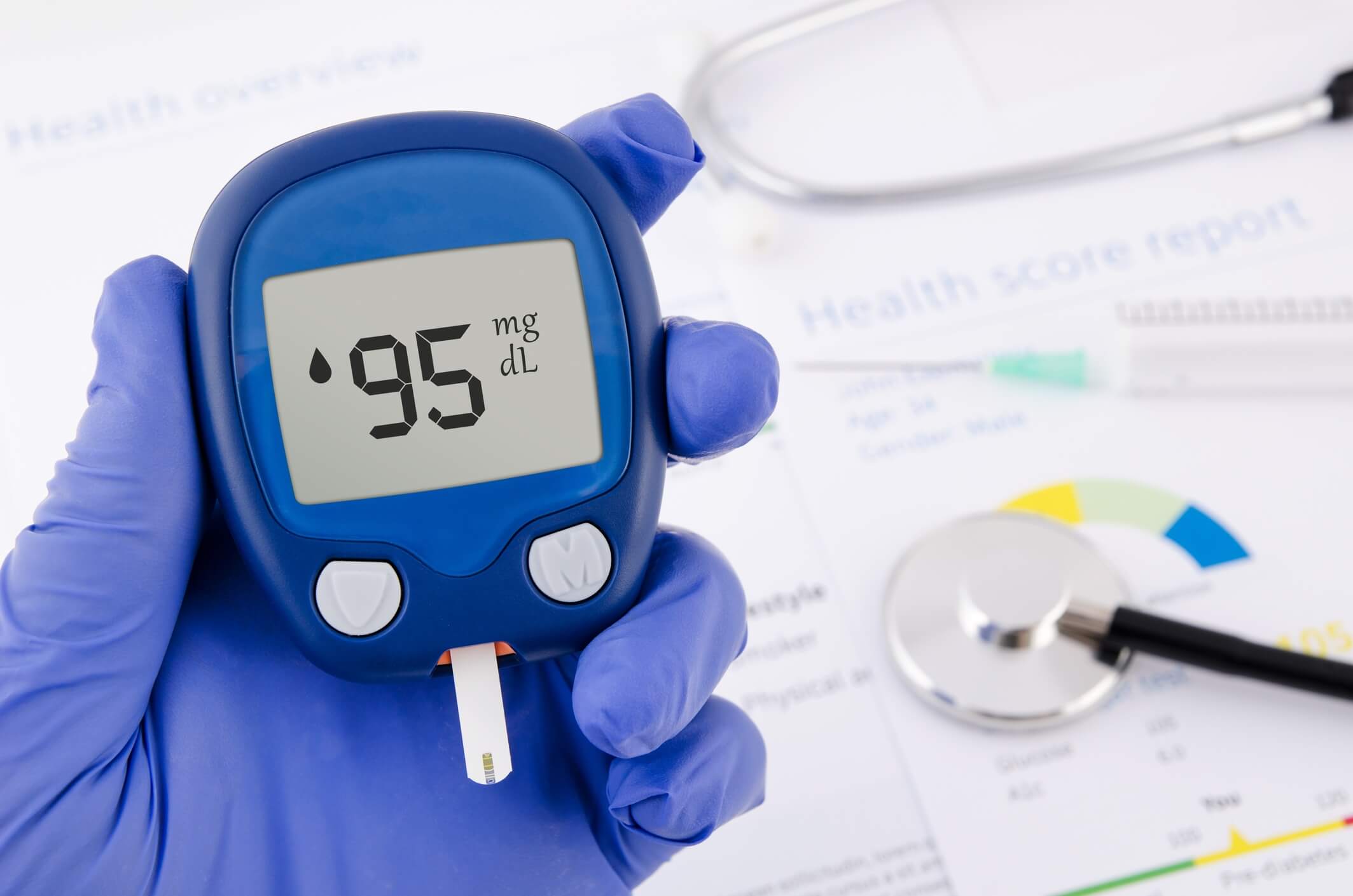What happens if you refuse to take a BAC test?
Refusing one can trigger severe consequences that go beyond the immediate moment. States enforce “implied consent” laws where you automatically agree to comply when using public roads. As a result, you may defy more than a police officer.
You can activate immediate legal penalties that affect your daily life. When you refuse a BAC test, you’re not just defying a police officer but also activating immediate legal penalties.
Imagine maintaining your driving privileges, avoiding hefty fines, and not having an arrest record. Read this article to uncover the potential consequences and how they affect your future.
What Happens If You Refuse to Take a BAC Test?
The Immediate Legal Consequences of Refusal
Refusing a BAC test often means facing the suspension or revocation of your driver’s license. Implied consent laws state that a refusal can trigger immediate administrative penalties. The length of the license suspension varies by state and can range from a few months to over a year. This consequence happens before you even face criminal charges.
This choice may also lead directly to arrest and a mandatory court appearance. Law enforcement officers may interpret refusal as non-compliance.
Furthermore, the refusal can be evidence against you, influencing how the case plays out. This factor alone can significantly affect the judicial proceedings related to your case.
Some might believe that refusing the test will prevent providing concrete evidence of intoxication. However, this strategy does not guarantee escaping DUI charges. The courts can consider it an admission of guilt.
Long-term Impact on Legal Proceedings
Refusing a BAC test can profoundly affect the trajectory of your legal proceedings. In states with strict DUI laws, the perception of guilt can significantly affect sentencing outcomes, offering less opportunity for leniency.
In court, lacking a BAC reading complicates the case but does not eliminate the risk of a DUI conviction. Prosecutors might use alternative forms of evidence like officer observations, dashcam footage, or witness statements. The absence of a BAC result often means that the defense must address a range of more subjective evidence. They can be challenging and unpredictable to counter.
A BAC refusal also impacts your legal record, which can influence your future. They appear on background checks, particularly for jobs requiring security clearances.
Impact on Driver’s License and Record
Refusing a BAC test typically results in an automatic license suspension. This action is an administrative one taken directly by the Department of Motor Vehicles (DMV), not through judicial courts. For first-time offenders, this consequence may last several months. However, those with prior offenses could lose driving privileges for years or permanently.
You may also have to take alcohol education or rehabilitation programs before getting your license back. They address and mitigate behaviors contributing to DUI incidents, decreasing the likelihood of future offenses. Additionally, participants might need to install ignition interlock devices.
Moreover, you may see higher auto insurance premiums. Providers often see this refusal as an indication of high-risk behavior, which can even lead to policy termination.
Mandatory Compliance Measures
Law enforcement may still legally obtain a test result under certain conditions. In many jurisdictions, if there is sufficient cause, officers can secure a search warrant for a blood draw. This process allows law enforcement to collect crucial evidence necessary for DUI charges.
Situations involving severe injury or death may not require police to get a warrant for a blood draw. This exception allows for immediate and accurate evidence. Through this mechanism, the law ensures that investigations can proceed without delay to protect public safety.
Alternatives and Rights
While you can legally refuse a BAC test in many places, this decision triggers predefined penalties. Additionally, you may request an independent test at your expense. This action could benefit your defense if your case goes to trial.
There is also a distinction between outright refusal and the inability to complete a BAC test due to medical conditions. Individuals may have health issues that prevent them from providing a breath sample. They may also not fully understand the instructions due to language barriers or disabilities.
If you are unsure, consider seeking legal advice beforehand. An attorney can provide guidance tailored to the current laws and the specifics of your case. They will help have a plan to make an informed decision about whether to undergo a BAC test or refuse. This legal input can significantly influence the outcomes.
Talk to a Local DUI Attorney
Refusing a BAC test during a traffic stop can lead to a complex web of immediate and long-term consequences. It can affect everything from your driving privileges to legal proceedings and future job prospects.
It is essential to fully understand the implications of your decision in the heat of the moment. If you or someone you know is facing such a dilemma, seek professional guidance immediately.
Contact us today for a referral to a knowledgeable local attorney. Our representatives are available 24/7 at (866) 345-6784 or by completing this quick form.

